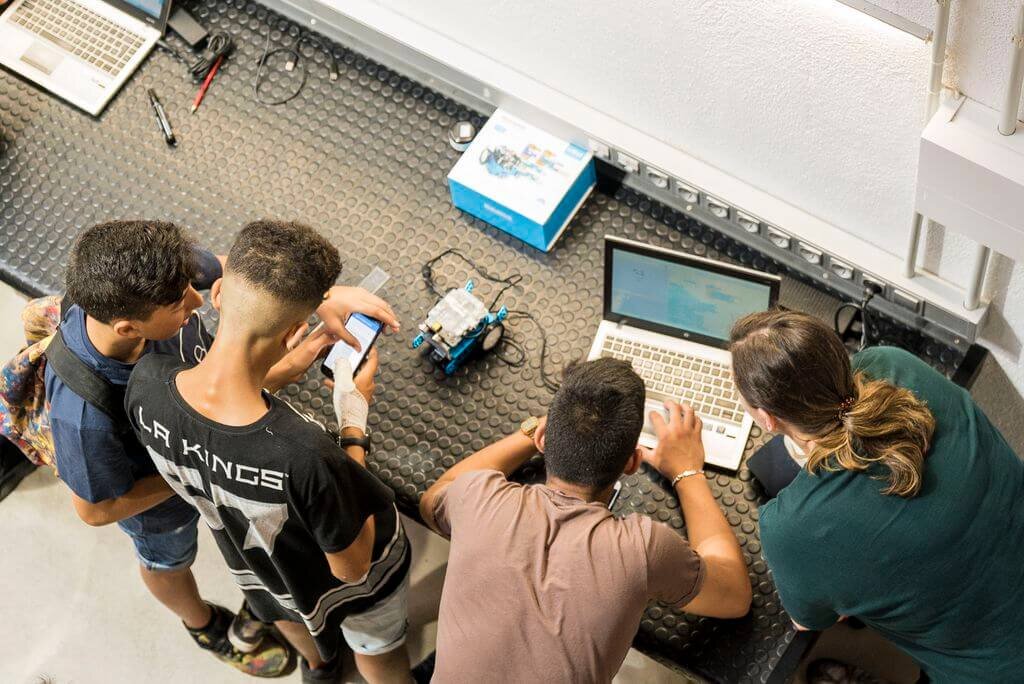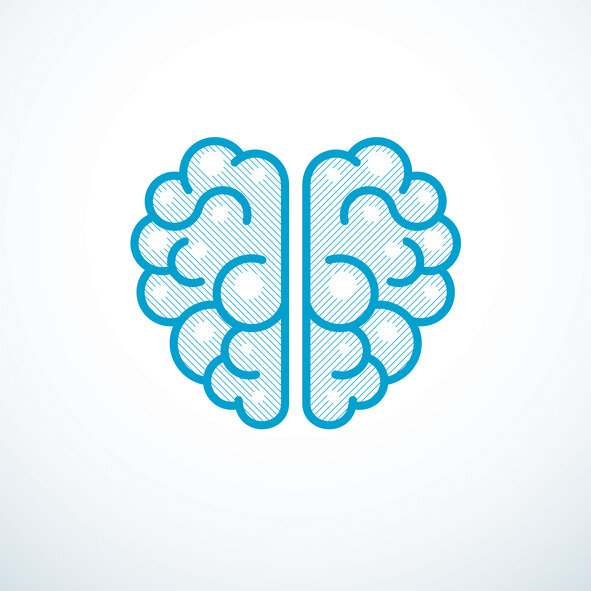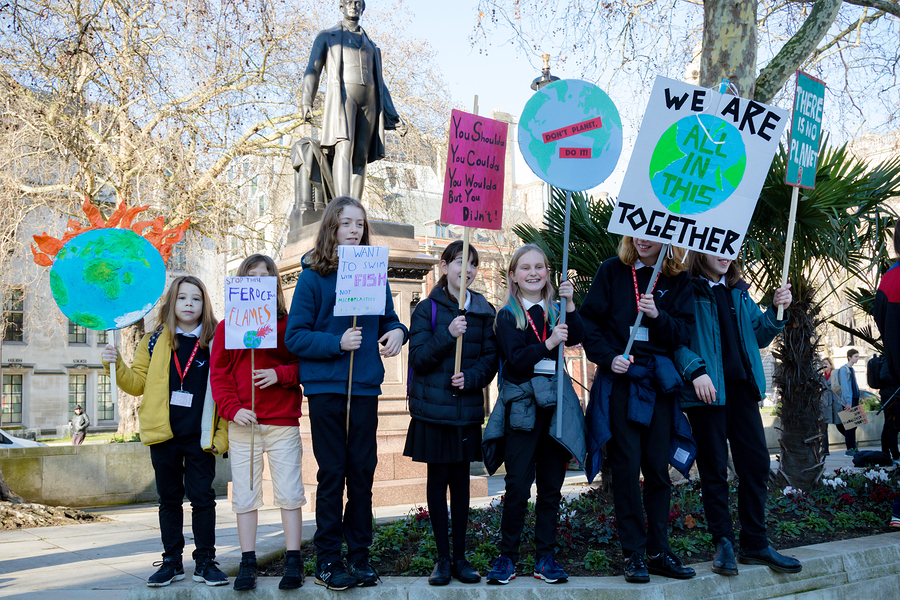Education should be focused not only on preparing students for the workforce but also equip them for a healthy and balanced life, with a sense of civic duty.
Photo: Bigstock.
Academic programs have one clear objective: to train students so they can join the workforce. This also includes developing a good sense of ethics and social skills that will facilitate students to live among people and work as a team.
This is a good start, but to build a whole academic career from preschool to college with only those parameters will create limitations and blind spots for the adults of the future that will leave them unprepared for the responsibilities and benefits that come with adult life.
How can we create adults with better functionality and balance between their professional success, their health, their emotional wellbeing, or their leadership, for example? The first step is to equip academic programs with subjects like:
1. Nutrition & Smart eating
How well do you understand the information on the back of the products you buy at the grocery store? Do you know what your sugar daily intake limit is? How much calcium do you need? Are you aware of what monosodium glutamate is and why you should avoid it?
These questions may seem frivolous, but they hide the root of a national crisis. According to the CDC, 39.8% of American adults live with obesity while 18% of children from 6 to 11 years old are also overweight.
The International Federation for the Surgery of Obesity argues that this condition can take away up to 15 years from a person’s life expectancy because of diseases associated with obesity like high pressure, diabetes and heart complications.
The first step to solve this problem is to educate people, so they know what the food offer is and how to navigate it smartly.
2. Tax culture
This would probably be the most boring subject for most of the students. Not even grown-ups like to think about taxes, even less how to calculate them. The United States has a different situation than other countries when it comes to taxes.
Take Mexico for example, for the most part, their tributary system taxes the same things at the same rate nationwide, in the United States, every state considers different taxes at different rates, this makes fiscal duties more complex and challenging to understand making the need for early financial education even greater.
The cold fact is that Uncle Sam doesn’t care if you know how to calculate and pay your taxes or not. If the IRS catches you for not paying, you’ll be sanctioned either way. Last year, IRS estimated a tax gap of 457 billion in annual arrears, that number is the difference between what people were supposed to pay and what people paid.
The consequences of not declaring and paying taxes on time can go from a penalty surcharge or a fine to a property embargo, revoking passports and even jail time if you are charged with tax evasion.
Being aware of your fiscal responsibilities and uphold them on time is critical to protecting your money, property, and freedom. Elementary and middle education should prepare students to make the process easier in adult life.
3. First aid
According to a Cleveland Clinic Survey, only half of the American population know first aid measures like CPR and a lot of them don’t know the symptoms to identify a heart attack. The US is in clear disadvantage compared to countries like Norway which has 95% of its people educated in basic first aid, Germany reaches a percentage of 80% and Iceland 75%
In a country like Mexico, for example, and in which like in the US there’s no first aid education unless you actively seek it, 70% of the heart attacks happen in public spaces, and just 5% of the victims receive CPR on time, chances of survival increase significantly when the victim gets first aid on the spot.
It is important to remember that to achieve an integral and useful education we need to consider programs that develop not only work and academic attributes, but skills like self-awareness, healthy lifestyle, caregiving, and civic duties. That way we would be not only producing efficient workers but also balanced people and good citizens.
This article from Observatory of the Institute for the Future of Education may be shared under the terms of the license CC BY-NC-SA 4.0 
)
)











)
Nohemí Vilchis
Nohemí Vilchis
Nohemí Vilchis